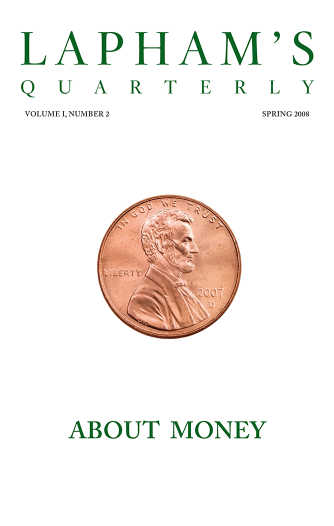
Jeremy Bentham
(1748 - 1832)
Jeremy Bentham began studying Latin at the age of three, wrote verse in Latin and Greek by ten, and entered Queen’s College at Oxford at twelve. Bentham published his first work, a critical commentary on the writing of the lawyer and lecturer William Blackstone, in 1776. Articulating the basis for his philosophy of utilitarianism, Bentham wrote that the aim of legislation should be the “greatest happiness of the greatest number.” Among other things, the lawyer and philosopher dreamed of constructing panopticon prisons in Europe and devising what he called a pannomion, Greek for “all the laws.” He succeeded at neither. After his death in 1832, in accordance with his will, his body was dissected, his skeleton dressed and topped with a wax head. It is on display at University College London.





